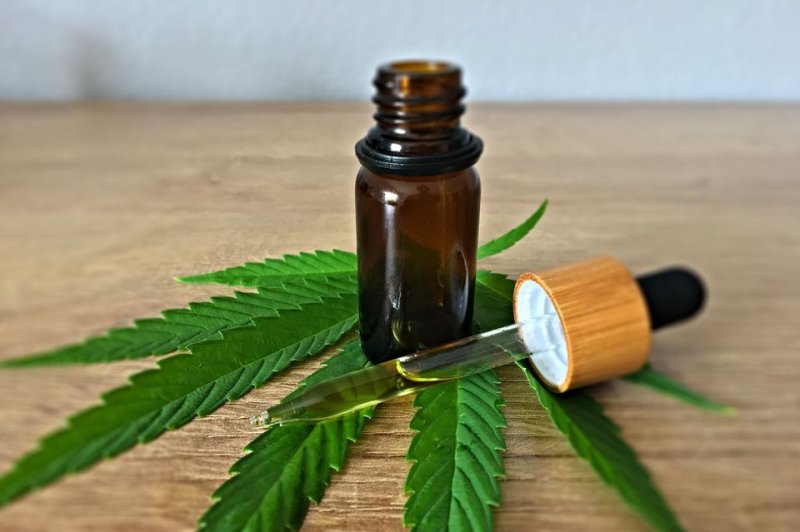A randomized scientific investigation reveals that using a CBD oil product that has been licensed is not the best option for people looking to lessen discomfort following kidney stone therapy.
Dr. Karen Stern, senior research author and urologist at the Mayo Clinic in Phoenix, Arizona, said that both doctors and patients are interested in discovering efficient substitutes for pain management following urinary stone removal. In spite of being safe, CBD oil treatment did not reduce pain or opioid use after ureteroscopy and stent insertion, according to our study.
For the study, 90 patients receiving therapy for urinary stones participated in the testing of the cannabidiol (CBD) oil product. A non-psychoactive ingredient in cannabis is called CBD.
Kidney or ureter urinary stones are a prevalent issue. When the stones are too large to pass through, they must be removed or fragmented surgically using a device known as a ureteroscope.After that, it’s common to insert a stent, a soft plastic tube, to make sure that urine can flow freely from the kidney into the bladder until the ureter’s swelling subsides.
To control their pain, many people require medicine, such as opioids.
As using opioids following ureteroscopy increases the risk of developing an opioid habit, researchers have been looking for non-opioid pain relievers.
Patients in this trial were randomized to either oral CBD oil treatment for three days or a placebo.A CBD oil formulation that the U.S. Food and Drug Administration has approved for the treatment of various seizure disorders was being used “off-label” in this instance.
The researchers discovered that despite using CBD oil, patients did not report any pain relief or a decrease in opiate consumption. The patients did receive customary drugs, which might have included an opioid in cases of extreme pain. The CBD oil’s only adverse impact was a momentary, slight dizziness.The two groups had similar pain scores after the procedure, according to the report published in the April issue of The Journal of Urology.
The average maximum pain score immediately after treatment was 2.2 on a 0-to-10 scale. Pain scores decreased over the first three days for both groups. There was never more than a half-point difference between the two groups, the findings showed.
The two groups also had no significant difference in opioid use. Most did not use their “rescue” opioid dose.
In addition, both groups had similar problems with urination and other symptoms.
“In our experience, many patients ask whether CBD could be an effective option for managing pain after [ureteroscopy] with stent placement,” Stern said in a journal news release.
“Our study provides high-quality evidence to counsel patients in this situation: While CBD oil appears safe, it does not seem to reduce pain or discomfort during the typically brief recovery period after this common procedure,” she explained.





